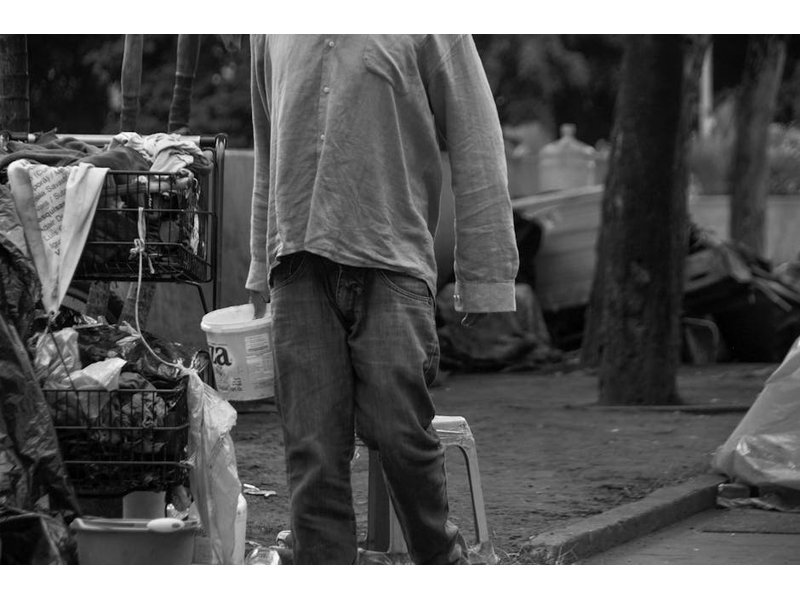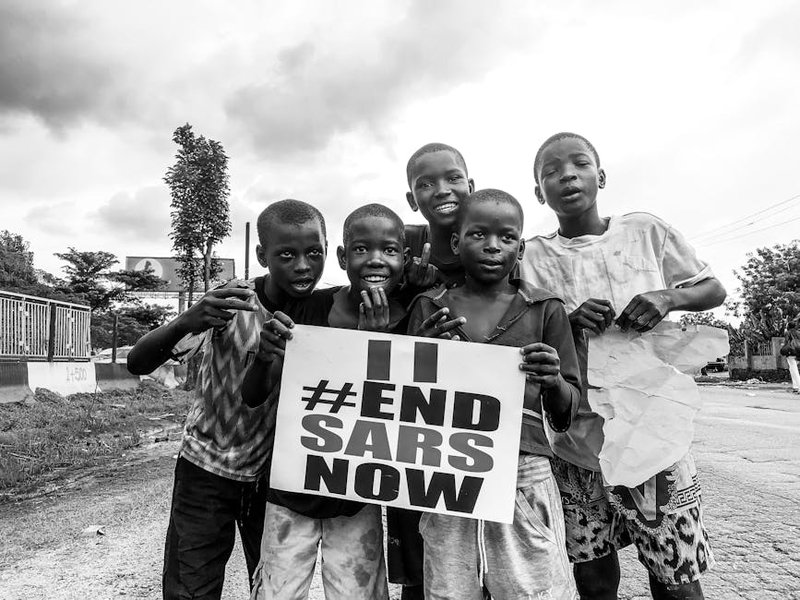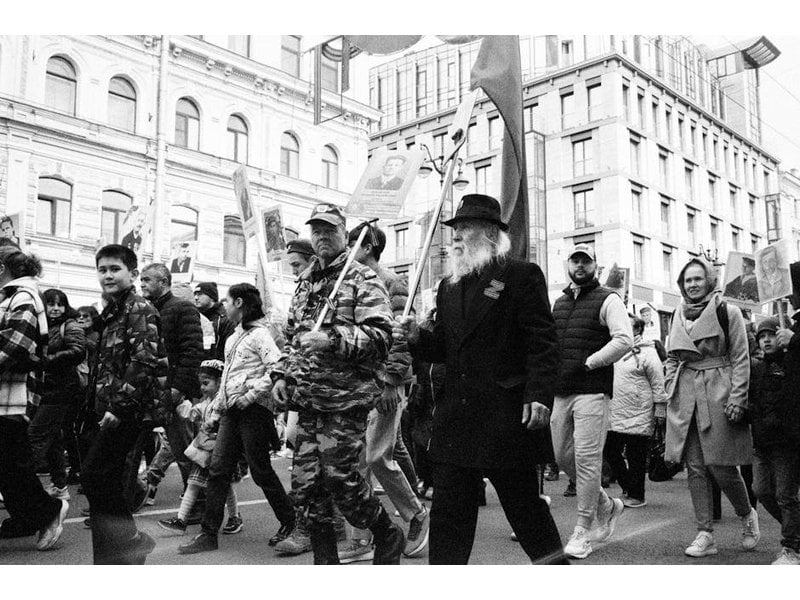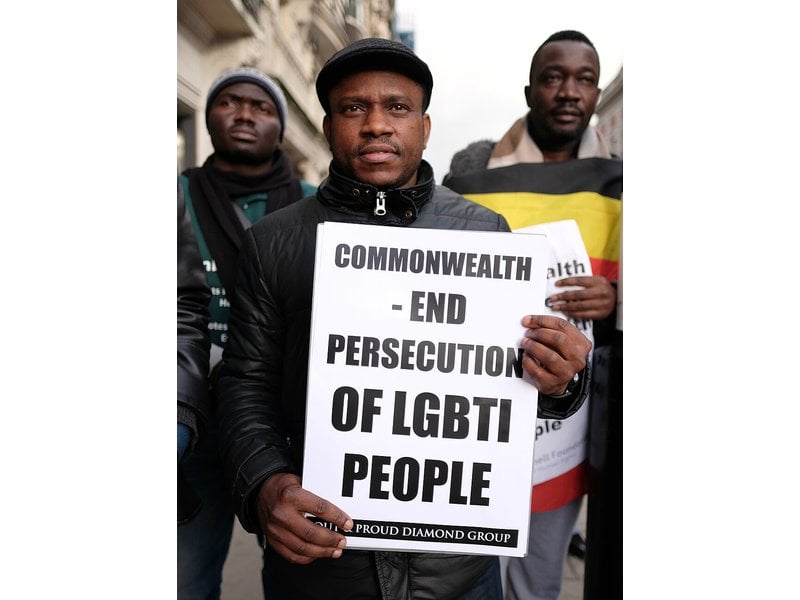091 refusal of a governments money
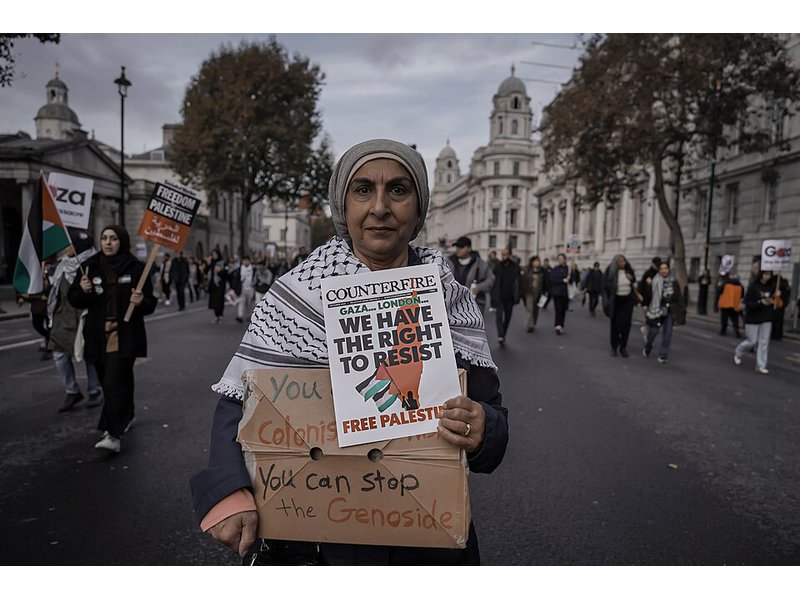
"This method is the refusal, as a political act, to accept a government’s printed money, either completely or in all but minor transactions. In other situations the motives could be partly economic (in case of high inflation). Alternatives to the printed money might be gold, silver, barter, and the like. This method appears to have been deliberately used with the intent of undermining a regime only rarely."...
Potentially problematic matches
High scoring campaigns using this method
Historical cases from the Nonviolent Action Database that used this method
Egyptian textile workers strike for bonuses and to protest corruption, 2006
On March 3, 2006, Egyptian Prime Minister Ahmad Nazif announced that all public-sector manufacturing workers would be given an increase in their annual bonuses. The workers of Mahalla al-Kubra’s Misr Spinning and Weaving Company, the country’s larges...
Argentinian police force strike for better pay, 2013
In December 2013, Argentinian police forces throughout the country went on strike to protest low salaries that failed to match rising living costs. Analysts estimated inflation at approximately 25% that year, although the government of Argentina said...
Panamanians campaign to overthrow dictator (The Civic Crusade), 1987-1989
The Civic Crusade in Panama was an effort by the Panamanian population to dislodge the military dictatorship of Manuel Noriega through the creation of political organizations and the mobilization of numerous demonstrations and protests. Panama’s mili...
Cherokee campaign against displacement, 1827-1838
Through the 1830s, the Cherokee owned incredibly rich, fertile land that was desired by their white neighbors. In 1828, gold was discovered in Cherokee nation, setting off the Georgia gold rush. Though the Cherokee had been resisting social forces tr...
Low scoring campaigns using this method
Historical cases from the Nonviolent Action Database that used this method
